Michel Roux Jr on legacy, technology and the future of food
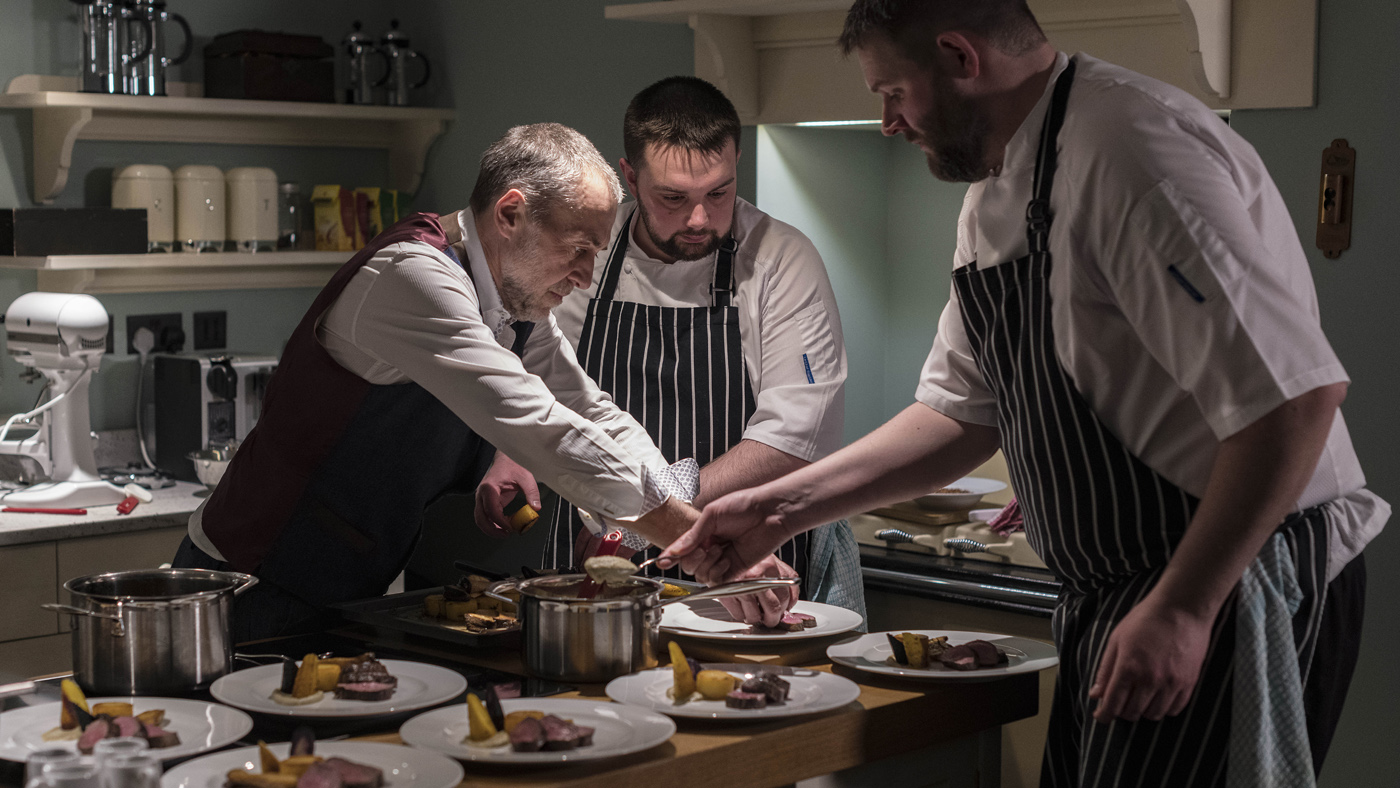
A free daily email with the biggest news stories of the day – and the best features from TheWeek.com
You are now subscribed
Your newsletter sign-up was successful
Michel Roux Jr, the Michelin-starred chef, author and ex-MasterChef judge talks to The Week Portfolio about the rise of technology in the kitchen, the movement towards craft production and what he would like his legacy to be.
Over the course of the last decade how has cooking been impacted by technology?
I suppose most obviously it has made certain aspects of cooking easier, quicker and has enabled kitchens to be much more efficient. I would say though that it has meant that certain skills that were essential back when I was learning my craft aren’t thought of as important now. I might be a bit old school, but I think every chef should know the basic skills, regardless of whether you think you’ll ever need them or not. You need that solid foundation to really be able to hone your craft. You’d be surprised at the amount of chefs that come into the kitchen not knowing the basics, simply because they’ve never needed to know. It’s not their fault, it’s just something they’ve never been taught.
The Week
Escape your echo chamber. Get the facts behind the news, plus analysis from multiple perspectives.

Sign up for The Week's Free Newsletters
From our morning news briefing to a weekly Good News Newsletter, get the best of The Week delivered directly to your inbox.
From our morning news briefing to a weekly Good News Newsletter, get the best of The Week delivered directly to your inbox.
Do you think the trend towards craft beers and whiskies, locally sourced ingredients and small-batch products is a reaction to mass production in the food industry?
I’d like to think it’s not a trend because I firmly believe that everyone should be looking for the best quality, whether that’s in how it’s made or how it’s grown, and that doesn’t always have to mean it’s more expensive. More generally there’s been a shift in wider society towards how we think about what we consume. We’re more concerned about where it’s come from, how it’s made – ethically, sustainably, and responsibly. I’m not sure whether it’s a reaction to mass production specifically, but rather a shift in consciousness generally.
Can craft products be scaled without damaging their quality?
That’s a difficult question to answer. I think it really does depend on what the product is, and the care and attention to detail that goes into making it. For me, craft is not about the size of the operation but rather the retention of traditional and human processes. Working with The Balvenie, I’ve learnt that the quality of their whisky is largely down to the commitment and skill of the expert craftspeople who are dedicated to doing so much of the process by hand, something that comes through in every sip of the whisky. I would say that the most fundamental part of scaling a product is making sure that the people around you are as emotionally invested in the product as you are, to carry that passion and level of care through in every product you make. For me, that would be the only way to do it.
A free daily email with the biggest news stories of the day – and the best features from TheWeek.com
You mention Balvenie whisky, with whom you have just partnered on a project. What do you think about their approach to craft production?
In the same way that I always say that cooking is not about numbers but rather human senses, this is also true of The Balvenie’s approach to whisky making. It is very rare in this day and age to find a brand that relies so heavily on traditional human craft and practice. Working on The Craftsmen’s Dinner I have had the pleasure of meeting some of the people who are still dedicated to the five rare crafts of whisky making, which continue to be used at the distillery today. Whether that be John in the maltings room who continues to turn the malt by hand or George who maintains the copper stills where the essential process of distillation happens - for me it is this commitment that can be felt in the layers of flavour of the final liquid.
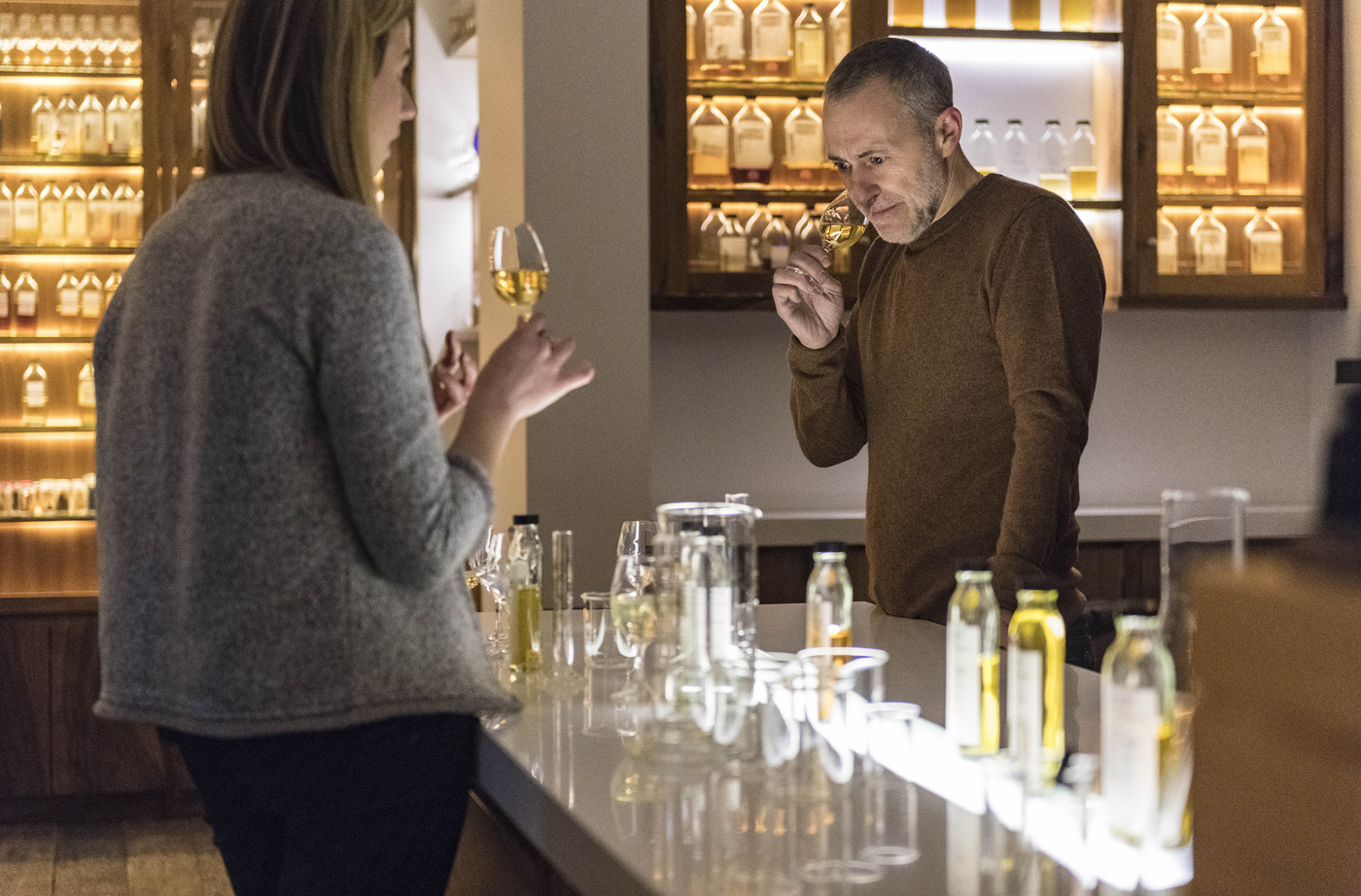
Are you a whisky fan yourself? And if so, which whisky do you enjoy most?
Yes, The Balvenie 14-year-old Caribbean Cask.
Three years ago you decried the "onslaught of ready meals", which you said was depriving a generation of basic cookery skills. Do you think that has started to change with the emergence of meal-kit companies such as Hello Fresh and the like?
I actually think meal kits are a great entry mechanism for anyone who might not be comfortable with cooking. It’s a good way at building up your confidence before starting to get a bit more adventurous. I think there are recipes out there that can come across as a little daunting for people who haven’t had that much experience in the kitchen, and meal kits can ease some of that pressure.
Cooking programmes are more popular today than ever before. What impact do you think they have on the way we think about food?
When it comes to celebrity chefs and TV, anything that gets people excited about cooking from scratch and learning to love food again is a good thing. However, TV can glorify the celebrity chef and put us on a pedestal. I worry about that; it brings young people into our industry for the wrong reasons.
Jamie Oliver campaigned for better school dinners. Hugh Fearnley-Whittingstall to end waste and fight fat. Are you in favour of celebrity chefs leading campaigns to try to change the way we eat?
Yes, I do think we have to lead the way and highlight issues that need addressing. I’m not really a fan of the term “celebrity chef” as I’ve always seen myself as a chef first and foremost, but it would be remiss of me not to acknowledge the opportunity we have as public figures in our industry to draw attention to important campaigns and the responsibility we have to use that for the greater good. I personally believe in healthy, balanced eating and changing the way people think about and approach food and hospitality.
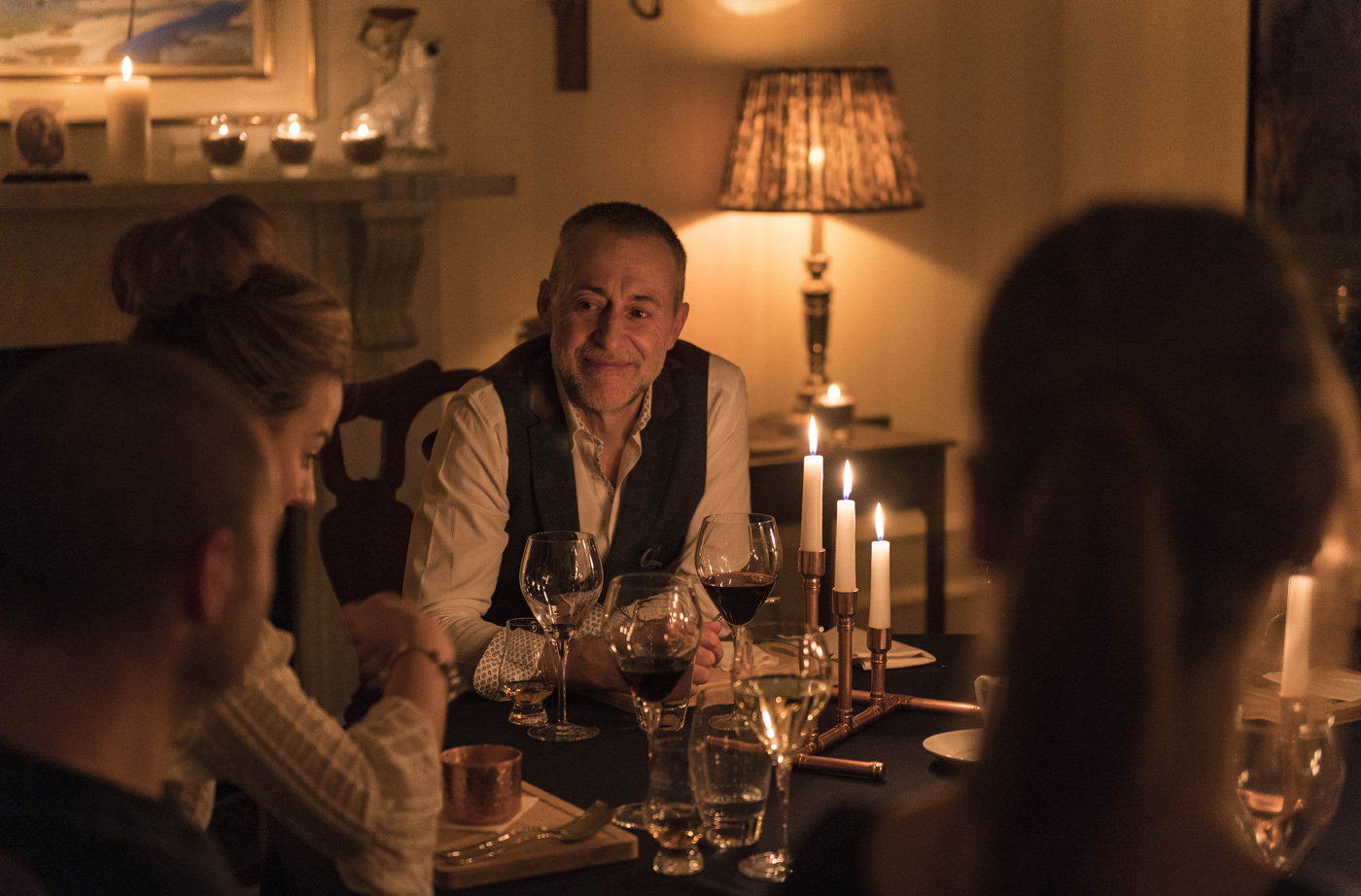
How do you think food production and eating will change over the course of the next decade?
I think we’ll be seeing more use of local produce, less use of pesticides, and less consumption of animal protein. These are topics that have been getting more attention recently so they’re becoming increasingly important even now, and I hope that will continue to grow.
And if it isn't too grand a question, what would you like your legacy to be?
I’d say with all humility that Le Gavroche’s influence has been immeasurable. My father and uncle really set the benchmark for restaurants in Britain, particularly when Le Gavroche became the first restaurant in the UK to be awarded three Michelin stars. So many wonderful chefs have been trained in the Le Gavroche and have then gone on to open their own restaurants or make their own culinary mark on the world which has shaped the way we eat now. It’s an honour to be a part of something so special.
Follow Michel's journey in the final series of The Craftsmen’s Dinner: youtube.com/thecraftsmensdinner
Arion McNicoll is a freelance writer at The Week Digital and was previously the UK website’s editor. He has also held senior editorial roles at CNN, The Times and The Sunday Times. Along with his writing work, he co-hosts “Today in History with The Retrospectors”, Rethink Audio’s flagship daily podcast, and is a regular panellist (and occasional stand-in host) on “The Week Unwrapped”. He is also a judge for The Publisher Podcast Awards.
-
 The environmental cost of GLP-1s
The environmental cost of GLP-1sThe explainer Producing the drugs is a dirty process
-
 Greenland’s capital becomes ground zero for the country’s diplomatic straits
Greenland’s capital becomes ground zero for the country’s diplomatic straitsIN THE SPOTLIGHT A flurry of new consular activity in Nuuk shows how important Greenland has become to Europeans’ anxiety about American imperialism
-
 ‘This is something that happens all too often’
‘This is something that happens all too often’Instant Opinion Opinion, comment and editorials of the day
-
 8 restaurants that are exactly what you need this winter
8 restaurants that are exactly what you need this winterThe Week Recommends Old standards and exciting newcomers alike
-
 Critics’ choice: Watering holes for gourmands
Critics’ choice: Watering holes for gourmandsFeature An endless selection of Mexican spirits, a Dublin-inspired bar, and an upscale Baltimore pub
-
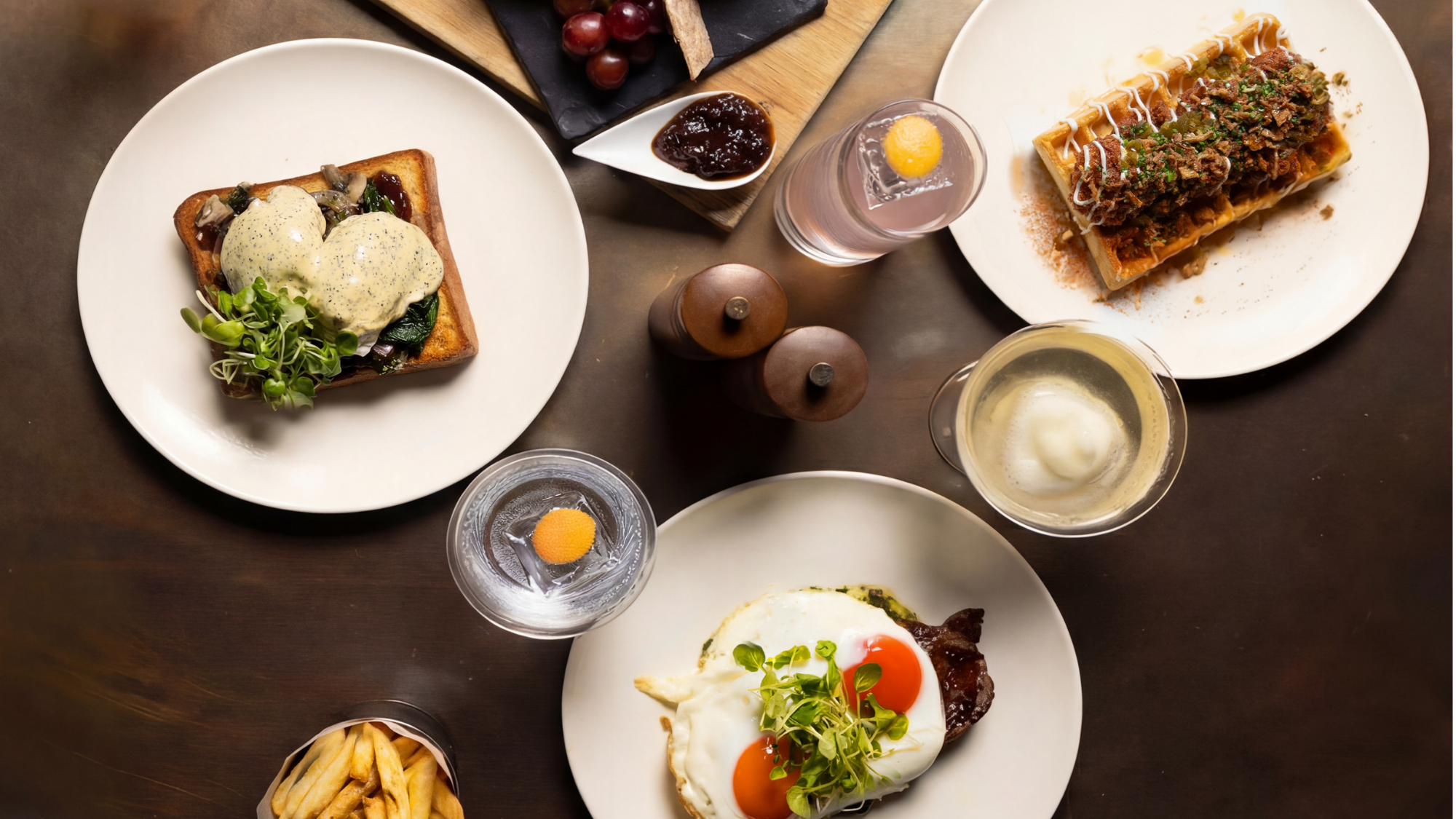 London’s best breakfasts and brunches
London’s best breakfasts and brunchesThe Week Recommends However you like your eggs in the morning, these memorable restaurants have you covered
-
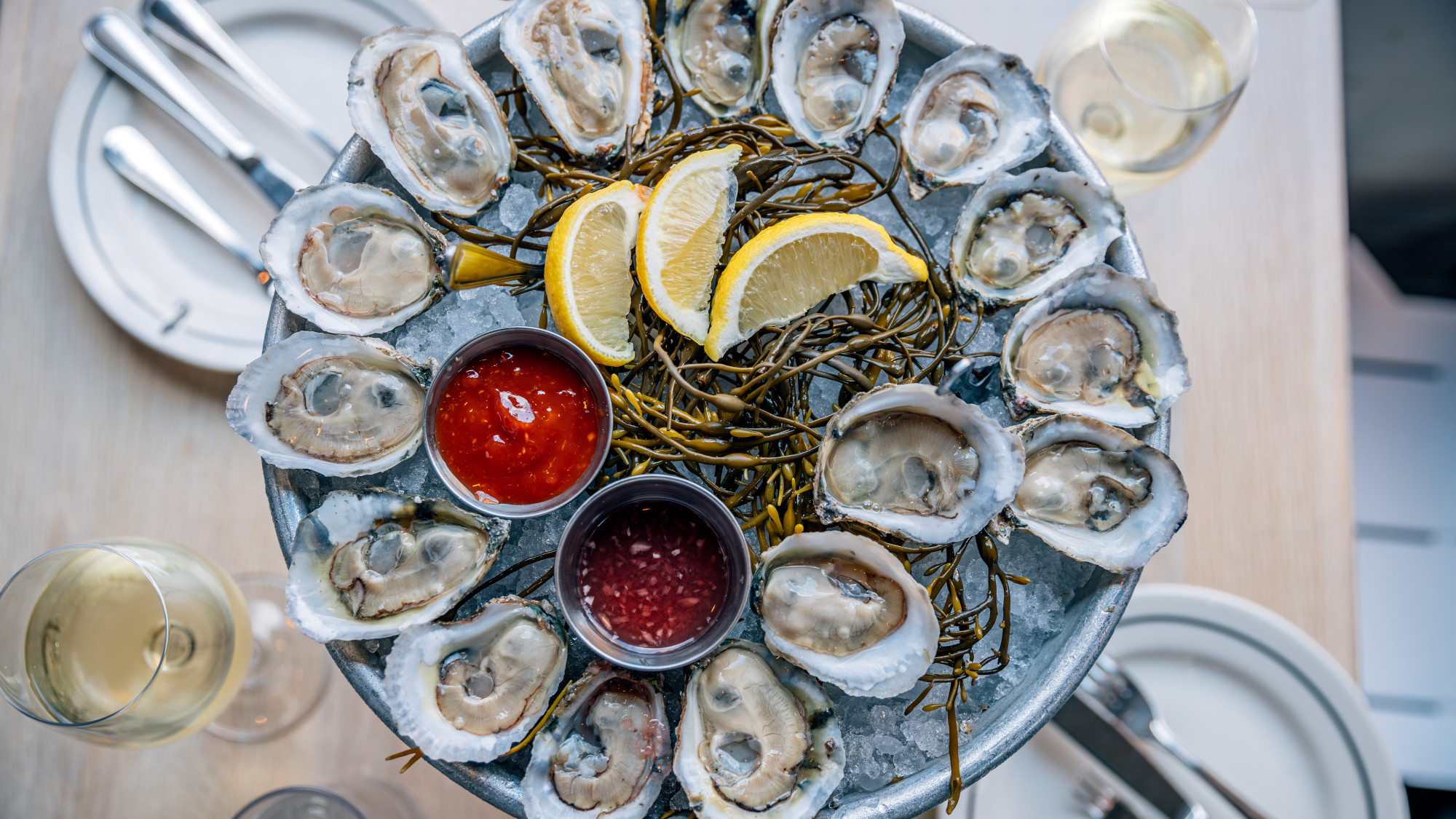 Critics’ choice: Seafood in the spotlight
Critics’ choice: Seafood in the spotlightFeature An experimental chef, a newspaper-worthy newcomer, and a dining titan’s fresh spin-off
-
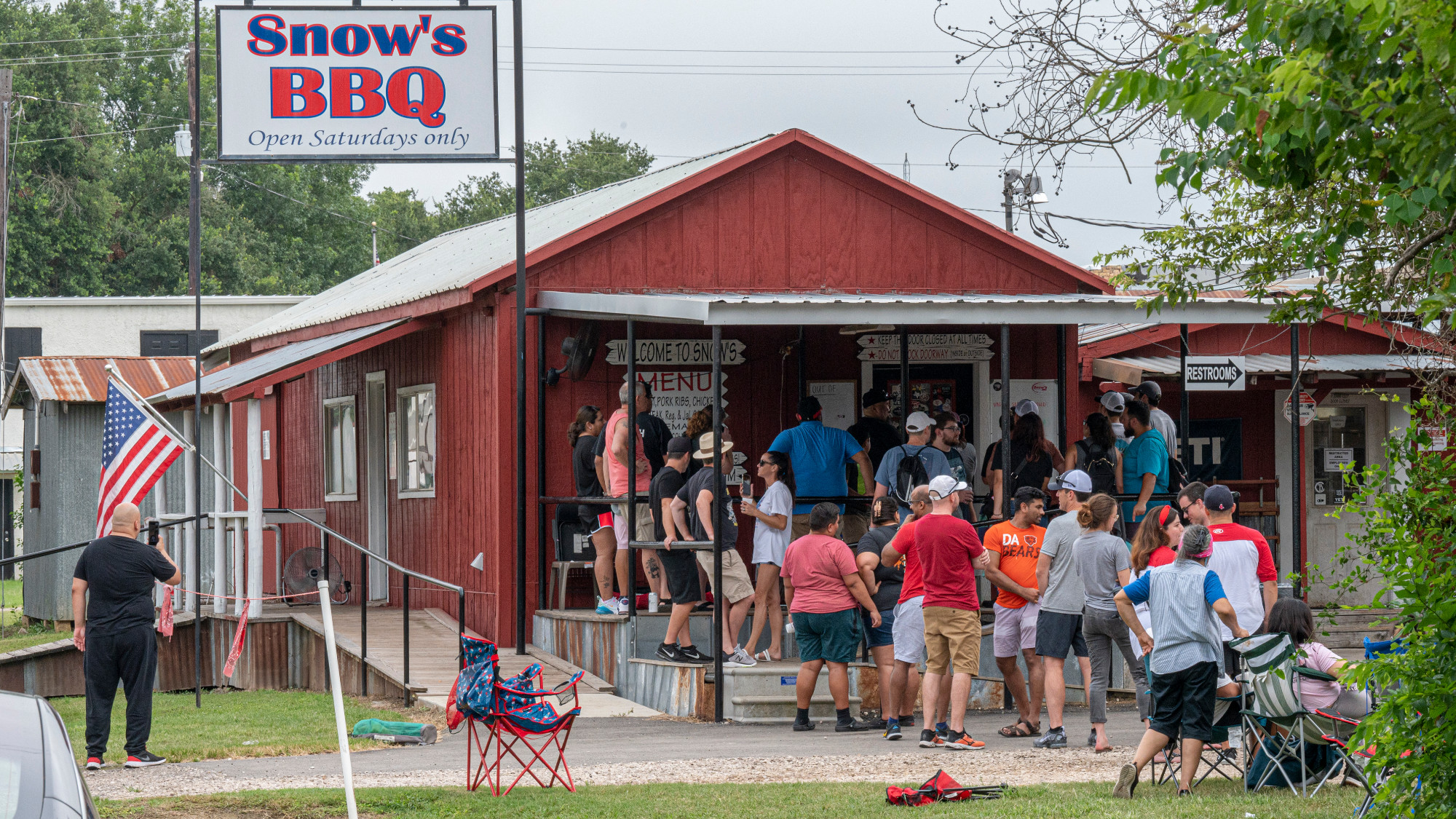 Southern barbecue: This year’s top three
Southern barbecue: This year’s top threeFeature A weekend-only restaurant, a 90-year-old pitmaster, and more
-
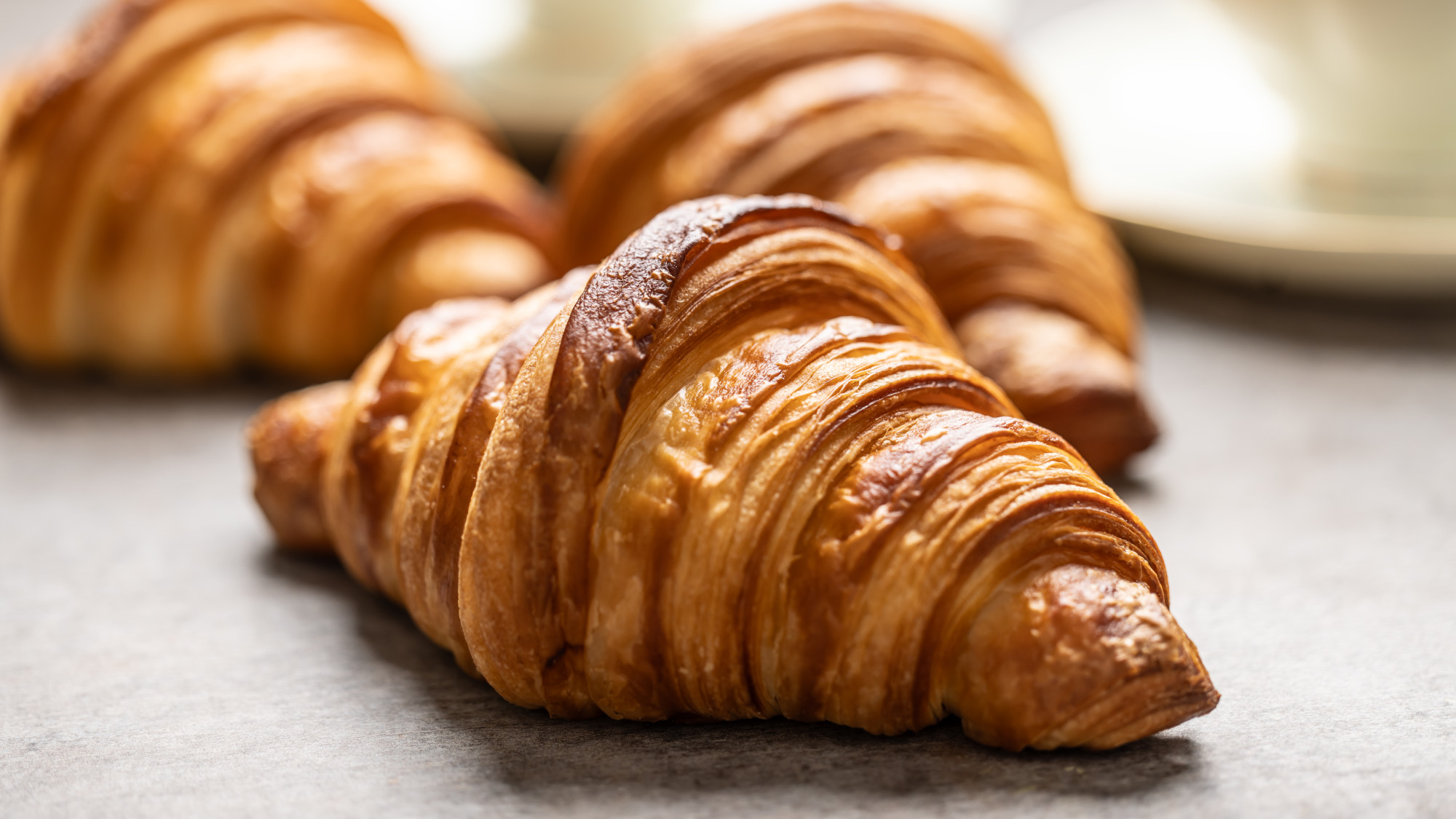 Critics’ choice: Celebrating rare Asian cuisines
Critics’ choice: Celebrating rare Asian cuisinesFeature The 2025 Restaurant of the Year, a Hmong culinary tribute, and an Uyghur feast
-
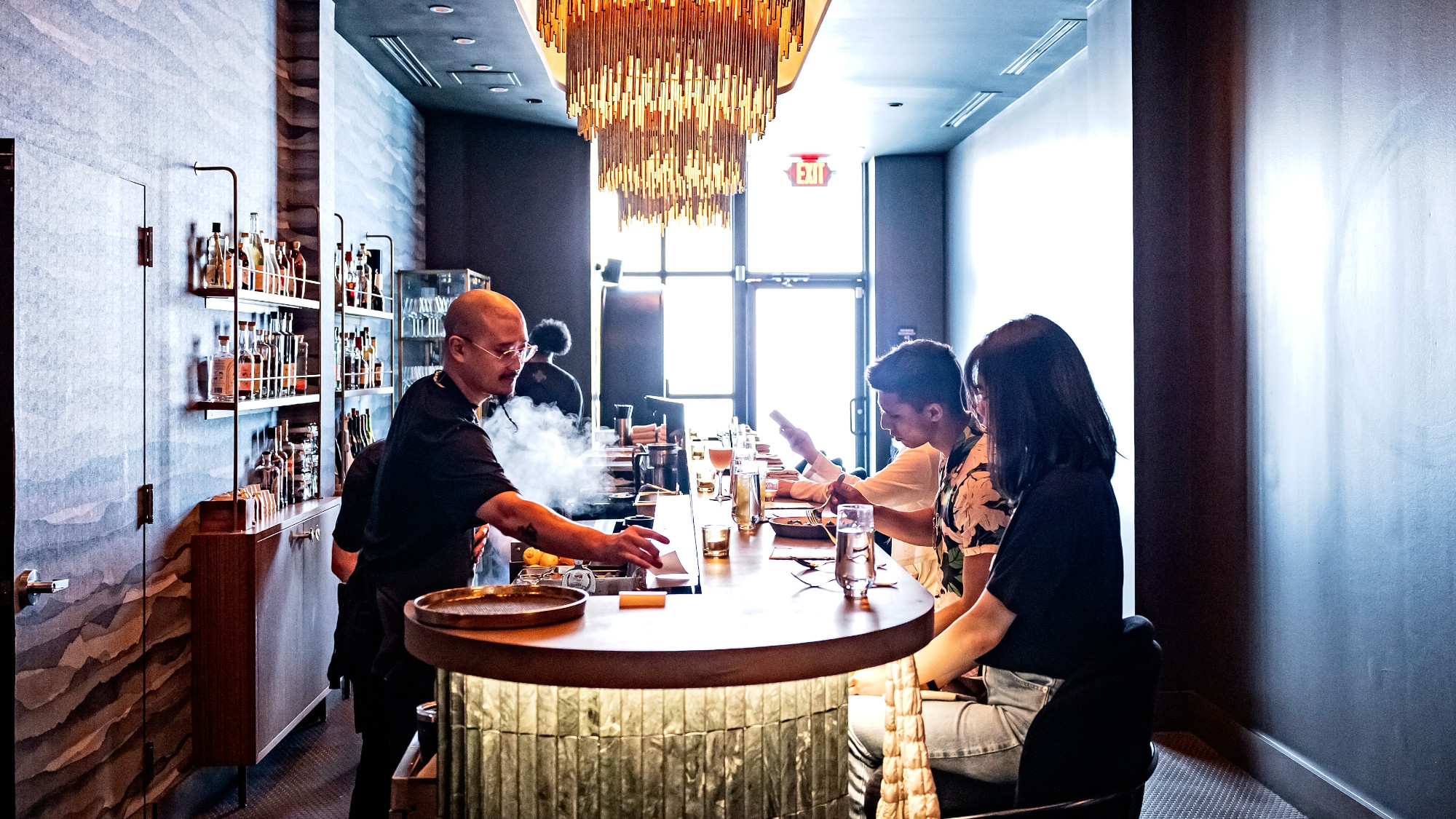 Critics’ choice: Three small yet magical Korean restaurants
Critics’ choice: Three small yet magical Korean restaurantsFeature A chef creates magic from scallops, a restaurant’s no-waste ethos, and more
-
 The 9 restaurants to eat at this very moment
The 9 restaurants to eat at this very momentThe Week Recommends They’re award-winning. Isn’t that reason enough?